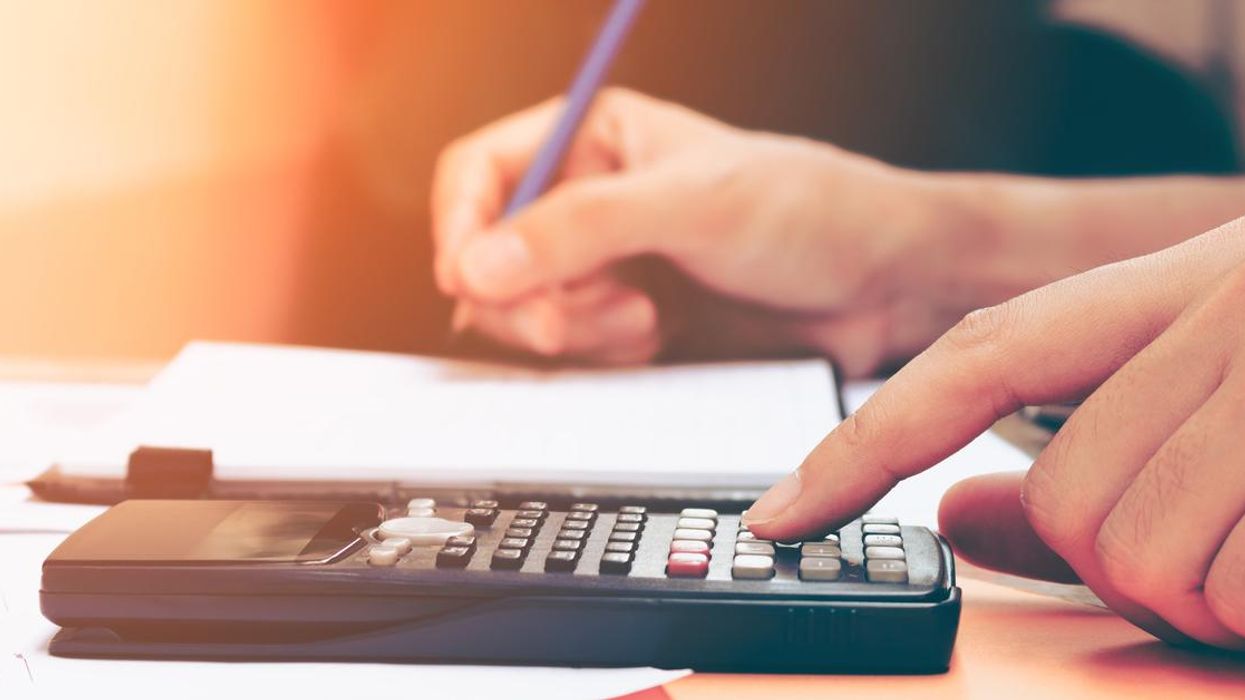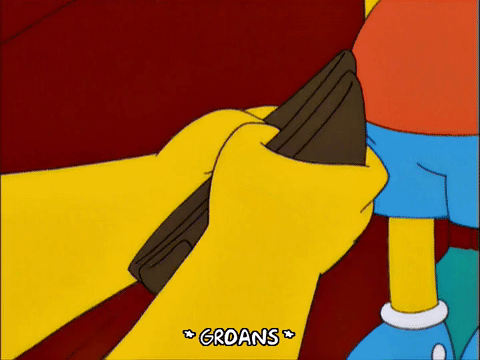News
Greg Evans
Feb 09, 2018

Picture:
Getty/iStockphoto
Don't you just hate it when you have money in your account, then you spend that money, which in turn causes the money to leave your account?

Like, that's not fair at all, is it?
We're being facetious, of course, but there must be a way to keep having fun while keeping on top of your finances.
Spreadsheets and accountants are boring and expensive, which is why we were pleased to discover this 100-year-old Japanese technique to help you keep on top of your spending.
Kakeibo sounds like something fun, but it actually translates as "household finance ledger", which sounds like the opposite of fun.
However, should you choose to go through with it, it could save you a significant amount of money every month.
All you have to do is sit down at the end of each month and physically write down – with an actual pen and paper – everything you've spent money on in the last four weeks or so.
The goal is to give the individual a better oversight of where their money has gone that month, and build towards an overall saving figure.
It also teaches you to be mindful of four specific topics, which should be of concern to us all. They are:
Survival: Being able to afford rent, pay bills and purchase food.
Optional: Shopping for new clothes, eating or drinking out, buying a new phone or laptop.
Culture: Movie or gig tickets, online subscriptions, attending the theatre or a sporting event.
Extra: Shelling out for birthday presents, unaccepted repairs or replacements, emergencies.
It might not sound revolutionary, but it's a unique way of giving yourself a real perspective on your money issues and it's also a lot more insightful than just running it through an app or a spreadsheet.
According to the money blog Moni Ninja, the kakeibo can potentially save a person 35 percent of their finances a month.
This brings to mind the 365-day money challenge.
This method involves you putting £28 a week into your savings, which should result in you having £1,456 extra by the end of the year.
Whichever technique you choose to use, you're guaranteed to be a lot better off by the end of 2018 and beyond.
Top 100
The Conversation (0)













